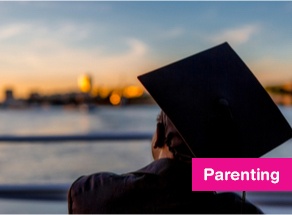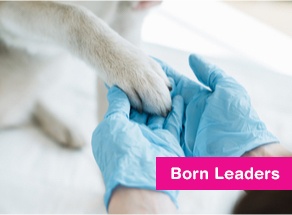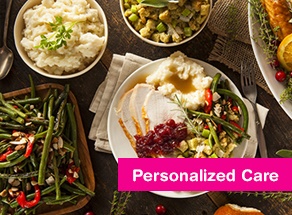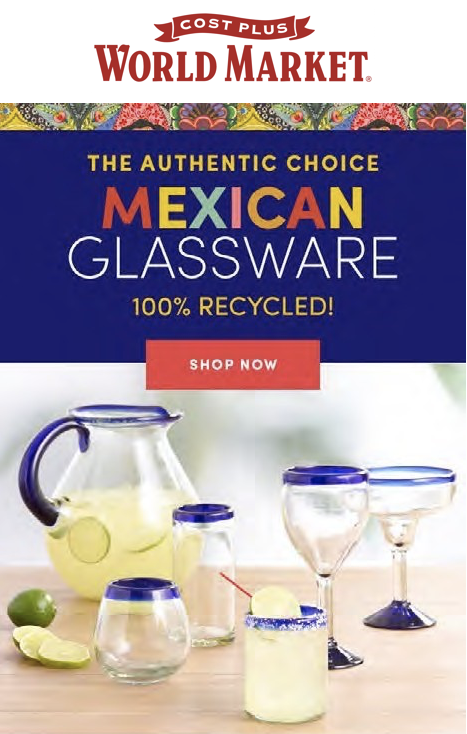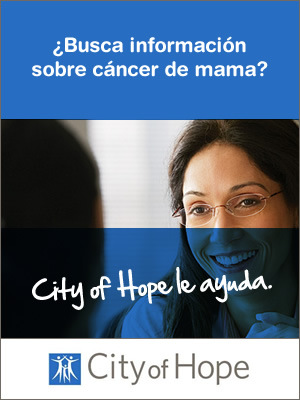Parenting
14 Fun Activities for Winter Break
26/12/2019 06:00am | 2696 views
Lifestyle
What Hispanic People Think Of Trump: Us Latinos Give A Wide Range Of Answers
16/05/2017 06:00am | 5891 viewsCompiled by Francisco Navas, The Guardian
We are Venezuelans, Cuban refugees, or Americans born to Salvadorian parents. We are Texans and Peruvians. We split our lives between Argentina and North America. We are men and women, black and white, religious and atheist, and everything in between. We speak English or Spanish – or neither, or both. We are US citizens or undocumented. We don’t all care about immigration and, our new president’s thoughts aside, we aren’t all Mexican.
Hispanic Marketing
CVS y más Wants You to Feel Welcome, to Make it Easier to Get Proactive About Your Health
23/03/2017 10:41am | 10072 viewsIf you want better health it helps to have someone you can talk to in your language about medications or therapies or prevention, in an environment that is welcoming and familiar.
Lifestyle
Finding Your Caregiver Role to Keep Your Loved One Connected
31/10/2016 10:42am | 6523 viewsBy Glenn Llopis
Anyone who’s ever cared for a loved one battling a chronic disease or an aging parent in declining health will soon realize, as I did, that the caregiver ecosystem is much broader than you initially think it’s going to be. When my father was diagnosed with Alzheimer’s disease, and later moved to an assisted care facility, my mother and I were devastated. He was such an integral part of our daily lives, and still was, but now it was with a new sense of urgency as we became his front-line caregivers.
Caregiving
Stepping Up When It’s Time to Step Into the Caregiver Role
31/10/2016 10:15am | 7173 viewsby Glenn Llopis
My father was a huge influence on my life and career, with many lessons and pearls of wisdom to share throughout his long and rich life. But what I didn’t expect, is that when the tables were turned, and I was thrust into the caregiver role of an aging parent, that he would still be the one teaching me lessons – about life and vulnerability, courage and strength, dignity and death. Nor could I have known about the multidimensional aspects of caregiving – and the magnitude of the responsibility – because nothing can prepare you more than actually being in that situation yourself.



